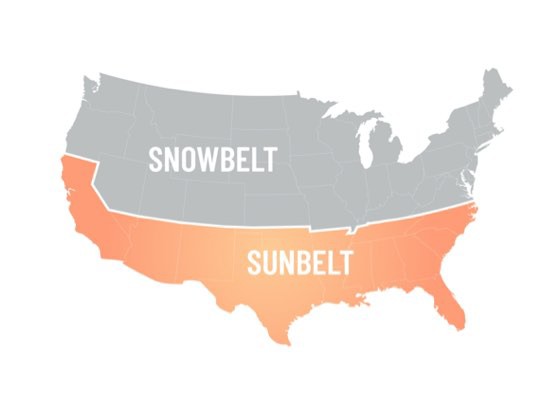TO CLOSE OR NOT TO CLOSE, WHAT SHOULD YOU DO WITH YOUR POOL?
Call or Text 303-736-9856

TO CLOSE OR NOT TO CLOSE, WHAT SHOULD YOU DO WITH YOUR POOL?

If you live in the Southeast or Southwest, where your terrain is considered a desert, Mediterranean, or tropical, you live in the Sun Belt.
Inground and above-ground pools of this region typically stay open all year round and do not need to close unless there's a chance of a cold front or winter storm that could damage your pool equipment and pool water chemistry.
SHOULD I KEEP MY POOL OPEN OR PARTLY CLOSE MY POOL?
NO CLOSURE NECESSARY
If you live in a state that averages 60ºF+ during the winter, there's no need to close your pool. Continue monitoring your water chemistry and enjoying your pool!
PARTIAL CLOSURE
If your average winter temperature is around 45 ºF throughout the winter, consider doing a partial or total closure. Owning a pool is an investment, and it's essential to protect your pool equipment from the chance of freezing temperatures, so you don't experience any equipment issues at the beginning of your next pool season.
If you are trying to determine what's best for your pool, consult with your pool professional, and they can provide the best recommendation for how you can winterize your pool. If a partial closure is the best option, follow these steps:
1. DON'T LOWER THE WATER LEVEL.
Keep your water level the same, so your water can continue to circulate and filter through the skimmers on the side of your pool.
2. KEEP YOUR POOL EQUIPMENT RUNNING.
If you choose to close your pool for a short time, keep your pool equipment running so on the off chance you have a heatwave, it's ready for you to jump in.
3. BALANCE YOUR WATER CHEMISTRY.
If you choose to close your pool partially, you'll want to monitor and test your pool water every two to three weeks. With the fluctuation in temperatures, consider adding stain prevention or algaecide to help keep any algae or scaling at bay.
4. CONTINUE TO CLEAN YOUR POOL.
Continually inspect your pool for debris so any fallen leaves or other fallen items don't affect the sanitation of your pool water.
5. ADD A POOL COVER.
Adding a pool cover can help keep debris out of the pool and reduce the chance of evaporation of both your chlorine and pool water.
6. REMOVE POOL EQUIPMENT THAT ISN'T NECESSARY FOR WINTER.
Consider removing robotic pool cleaners and booster pumps in case of nightly frost.
Leave a comment